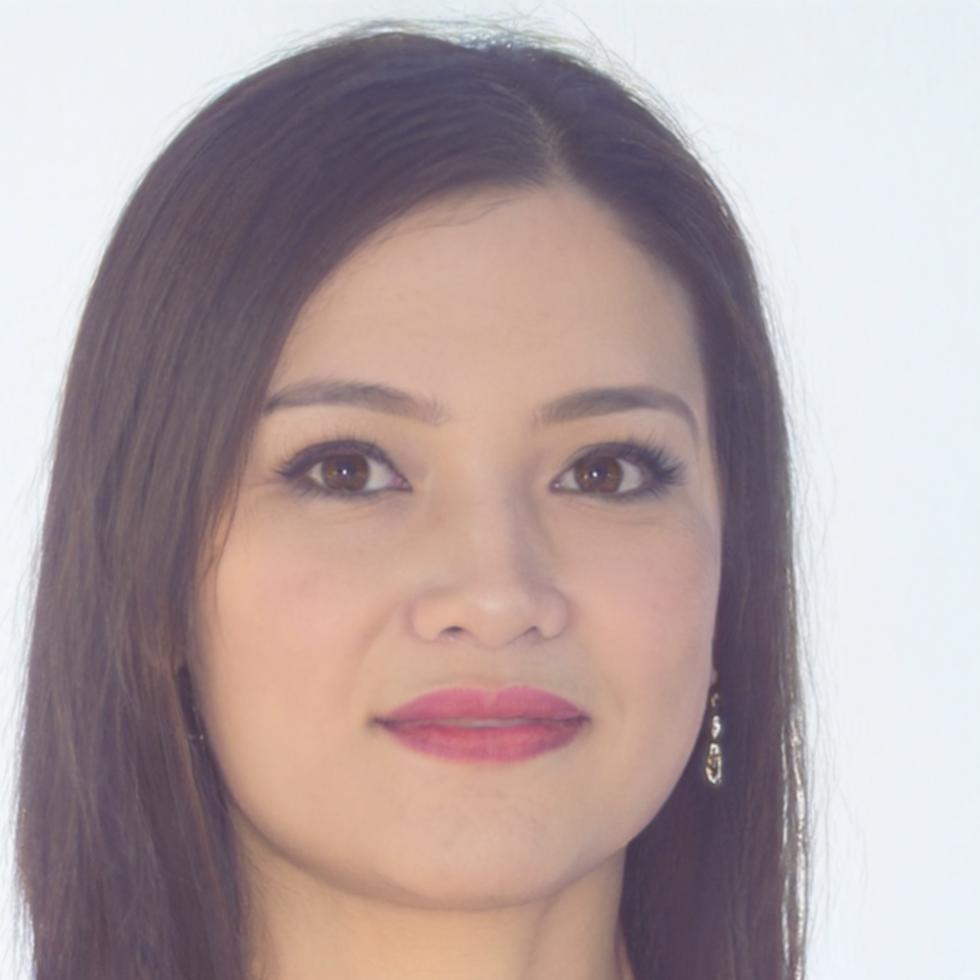We Started from a Coffee Shop Conversation
Back in late 2019, three database engineers were sitting in a small café near Taipei Tech Park. We'd all worked for different companies but kept running into the same problem—junior developers joining our teams with impressive portfolios but almost zero understanding of how databases actually work in production environments.
That Conversation Kept Going
What started as venting about hiring challenges turned into something bigger. We noticed a real gap between what computer science programs teach and what employers in Taiwan's tech sector actually need. Students could build front-end interfaces and write algorithms, but ask them to optimize a query or design a schema for real-world data, and things fell apart quickly.
By early 2020, we'd sketched out a curriculum on napkins. We wanted something hands-on, something that mimicked actual database work—messy data, performance issues, scaling challenges. Not just theory. Not just syntax. The kind of stuff you'd face on day three of a real job.
We started with evening workshops in shared office spaces. Eight students in our first group. All of them either recent graduates or career switchers who'd hit walls trying to break into backend roles. The response surprised us. They wanted more structure, more depth, and honestly, more challenge.

Who's Behind This
We're not a big operation. Just a small group of engineers who got tired of interviewing candidates who couldn't explain the difference between a clustered and non-clustered index. Here's one of us:

Liene Strautmane
Senior Database Instructor
Liene spent eight years working on financial systems where a slow query could cost actual money. She joined us in 2021 after getting frustrated explaining the same database concepts to new team members every few months. Now she teaches our advanced PostgreSQL modules and leads the query optimization workshops. Her students either love or fear her debugging sessions—sometimes both.
How We Actually Teach This Stuff
Real Data, Real Mess
We use sanitized versions of actual datasets from e-commerce platforms, logistics companies, and financial services. You'll work with millions of records, inconsistent schemas, and performance bottlenecks that matter.
Problem-First Learning
Each module starts with a production scenario. Maybe the checkout system is timing out. Maybe reporting queries are locking tables. You figure out what's broken, why it's broken, and how to fix it before we explain the theory.
Multiple Database Systems
We cover PostgreSQL, MySQL, MongoDB, and Redis because real companies use different tools for different jobs. You'll learn when to use each one and how to make them work together, not just memorize syntax.
Small Group Structure
Maximum twelve students per cohort. We keep it small so instructors can actually review your query plans, check your indexing strategies, and catch the subtle mistakes that cause problems months later in production.
Project-Based Assessment
No multiple choice exams. Your final assessment involves building and optimizing a database system for a fictional but realistic business scenario. You'll present your design decisions and defend your trade-offs, just like in actual tech reviews.
Post-Program Support
After you complete the program, you can still join our monthly code review sessions and ask questions in our alumni channel. We've had graduates come back two years later with production issues they needed to talk through.
Questions People Actually Ask
We organized these by when students typically ask them—before starting, during the program, and after finishing.
Before You Start
- Do I need previous database experience? Some basic SQL helps, but we've had complete beginners succeed. You should be comfortable with programming concepts and willing to spend time outside class practicing.
- How much time commitment are we talking about? Classes run twice weekly in the evenings, three hours each. Expect another six to eight hours per week for assignments and project work.
- Can I audit a class first? We run free intro workshops quarterly. Next one's scheduled for September 2025. Check our learning program page for details.
- What's the application process like? Submit a brief background statement and complete a simple technical assessment. We're checking for baseline programming knowledge, not trying to filter out beginners.
During the Program
- What if I fall behind on a topic? Office hours every Wednesday evening. Also, our class recordings stay accessible for the duration of your cohort plus three months.
- How much interaction is there with instructors? Direct code review on all major assignments. Plus the small class size means you can actually interrupt and ask questions without derailing things.
- Is there group work? Some modules include pair programming exercises. The final project can be individual or team-based—your choice.
- Can I switch cohorts if my schedule changes? Usually yes, as long as there's space in another cohort and you're within the first four weeks of the program.
After Completion
- Do you help with job placement? We don't do formal placement, but we share relevant job postings from our network and can provide reference letters. Several Taiwan tech companies know our program and occasionally reach out when they have backend openings.
- How long does the certification stay valid? It doesn't expire, but database technology moves fast. We recommend alumni join refresher sessions annually to stay current.
- Can I retake specific modules? Alumni can audit any module for free if space permits. Useful if you want to revisit something or catch up on updated content.
- What if I want to go deeper into specialized topics? We occasionally run advanced electives on things like distributed databases or database security. These get announced in the alumni channel first.
What We Actually Care About
No Shortcuts on Fundamentals
We won't teach you ten database systems superficially. You'll learn core concepts deeply enough that picking up new systems becomes straightforward. Understanding why indexes work matters more than memorizing index types.
Honest About Limitations
Completing our program doesn't make you a senior engineer. It gives you a solid foundation and practical experience. We're explicit about what you'll be ready for and what you'll still need to learn on the job.
Keep Things Practical
Theory matters, but it's always connected to actual problems. We're not here to make you memorize database normalization forms. We're here to help you recognize when denormalization might actually make sense.
Stay Small Intentionally
We could probably scale this up and charge less per student. But quality drops fast when class sizes grow. We'd rather serve fewer people well than build something that becomes just another online course.


Want to See If This Fits Your Goals?
Our next full program cohort starts in October 2025. Applications open in July. If you want to learn more about the curriculum, prerequisites, or just ask specific questions about whether this makes sense for your situation, get in touch.